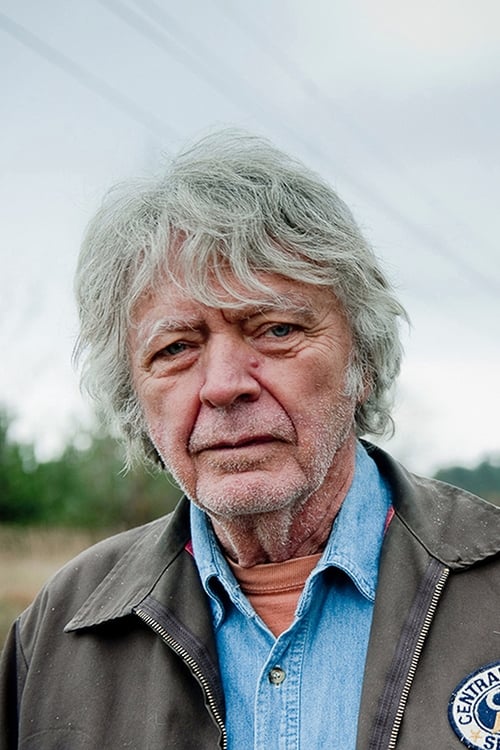Postscript (2012)
Género :
Tiempo de ejecución : 8M
Director : James Benning
Sinopsis
A 2012 short-film, text by Theodore J. Kaczynski, made of scans of a document from an FBI Laboratory, about the danger of experiments with accelerated particles.

Ivan Ladislav hides a true chamber of wonders behind the clear, mathematically abstract structure of his films and videos, meticulously compiled rhythmically frame for frame, each work likewise presenting an analysis of the film medium. Concealed therein, culled from deep in the medium’s prehistory, are hermetic parallel universes in whose number ranges and symbolic spaces, Galeta’s precisely constructed film compositions find a formalist anchor.

The first part (winter) of a seasonal study of the Hudson river in New York.

"Moons Pool" is a masterful and lyrical use of the film medium to portray the search for identity and resolution of self. Photographed under water, live bodies are intercut with natural landscapes creating powerful mood changes and images surfaced from the unconscious." – Freude Bartlett

Adebar is the first of Peter Kubelka's 'metric films', in which every element of the composition is precisely ordered and in relation to the gestalt. The film is made up of single units---13, 26 and 52 frames long---which are subjected to a complex rule-system, including a strict use of positive and negative space, that determines their structure within the film.

An experimental film, the last in Peter Kubelka's trilogy of “metric films”. Each frame of Arnulf Rainer is composed of darkness or light and silence or sound.

In 1957, Peter Kubelka was hired to make a short commercial for Schwechater beer. The beer company undoubtedly thought they were commissioning a film that would help them sell their beers; Kubelka had other ideas. He shot his film with a camera that did not even have a viewer, simply pointing it in the general direction of the action. He then took many months to edit his footage, while the company fumed and demanded a finished product. Finally he submitted a film, 90 seconds long, that featured extremely rapid cutting (cutting at the limits of most viewers' perception) between images washed out almost to the point of abstraction — in black-and-white positive and negative and with red tint — of dimly visible people drinking beer and of the froth of beer seen in a fully abstract pattern.
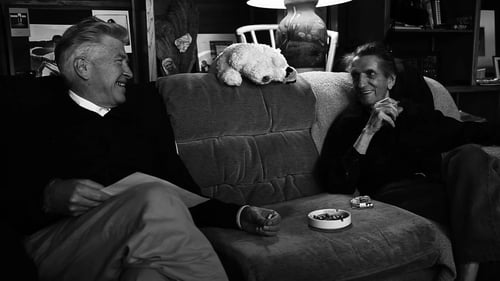
Aunque no seamos completamente conscientes de ello, Harry Dean Stanton forma parte del elenco estable de la cinefilia: Monte Hellman, Sam Peckinpah, John Huston, Ridley Scott, John Carpenter, Francis Ford Coppola, Wim Wenders y David Lynch son algunos de los directores que lo tuvieron a sus órdenes. Y sin embargo, hay un halo de misterio alrededor de su vida y sus ideas: poco se sabe de él, y casi nunca lo hemos escuchado hablar fuera de la ficción de sus películas. El documental de Sophie Huber es, en ese aspecto, revelador. Aun frente a su actitud reticente hacia ciertos temas –e incluso hacia la idea de un film sobre sí mismo–, Stanton parece permitir todo el acercamiento posible, como si se tratase de un viejo león en su hábitat natural. Ya sea entrevistado por su amigo David Lynch o hablando de su breve pero intensa relación con Rebecca de Mornay, que terminó cuando, en el set de Risky Business, ella se decidió por un joven Tom Cruise.
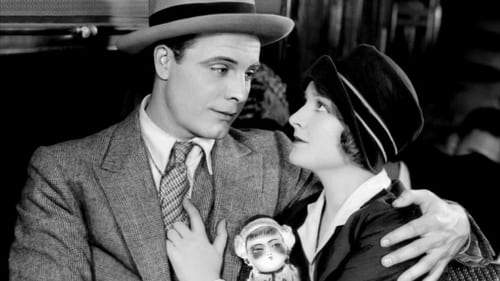
Un joven solitario impulsado por la ambición y el idealismo se enfrenta a la vida en el Nueva York de principios del siglo XX. Las duras condiciones que impone esta realidad desmitifican el mítico sueño americano.

Con acceso exclusivo a su extraordinario archivo personal que incluye cientos de horas de audio grabado en el transcurso de su vida, este es el documental definitivo sobre Marlon Brando. Trazando su excepcional carrera como actor y su extraordinaria vida fuera de los escenarios y la pantalla con él mismo como su guía, la película explora a fondo las complejidades del hombre al contar la historia de forma única desde la perspectiva de Marlon, enteramente en su propia voz. No hay cabezas parlantes, ni entrevistados, sólo Brando sobre Brando y la vida. (FILMAFFINITY)
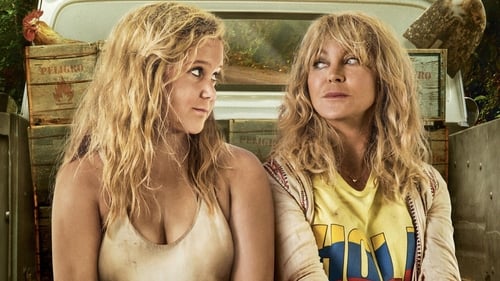
Incitada por su novio, Emily convence a su madre para ir a un viaje juntas a Ecuador. Pero una vez allí ambas mujeres son secuestradas, comenzando una aventura salvaje en el que su vínculo como madre e hija se fortalecerá mientras intentan escapar.
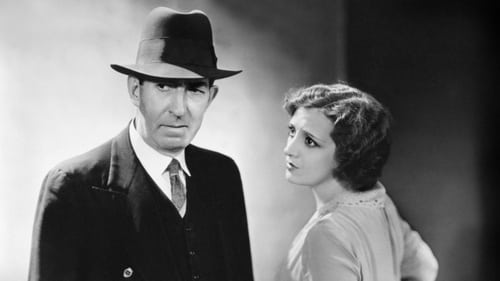
El escenario es una manzana anónima durante un verano sofocante, donde los residentes - italianos, judíos, suecos, alemanes e irlandeses- representan el no muy idealizado crisol de razas estadounidenses. Hay cháchara ociosa... chismorreos... celos... racismo... adulterio... y, de repente pero no inesperadamente, un asesinato.
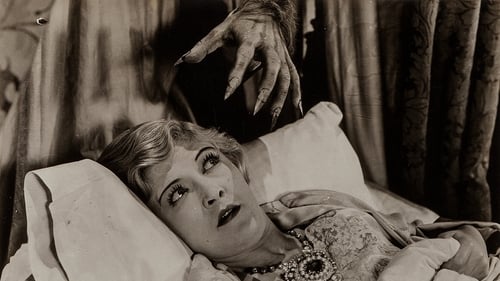
Rich old Cyrus West's relatives are waiting for him to die so they can inherit. But he stipulates that his will be read 20 years after his death. On the appointed day his expectant heirs arrive at his brooding mansion. The will is read and it turns out that Annabelle West, the only heir with his name left, inherits, if she is deemed sane. If she isn't, the money and some diamonds go to someone else, whose name is in a sealed envelope. Before he can reveal the identity of her successor to Annabelle, Mr. Crosby, the lawyer, disappears. The first in a series of mysterious events, some of which point to Annabelle in fact being unstable.
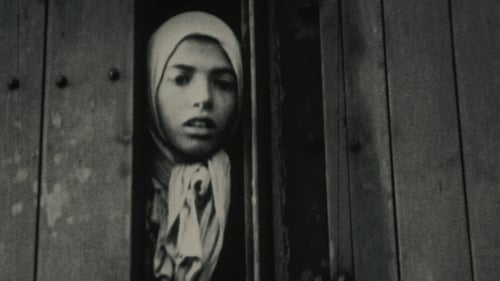
Doce años después de la Liberación y del descubrimiento de los campos de concentración nazis, Alain Resnais entra en el desierto y siniestro campo de Auschwitz. Lentos travellings en color sobre la arquitectura despoblada, donde la hierba crece de nuevo, alternan con imágenes de archivo (en blanco y negro, rodadas en 1944) que reconstruyen la inimaginable tragedia que sufrieron los prisioneros así como las causas y las consecuencias de esa tragedia: desde el advenimiento del nazismo y la deportación de los judíos hasta el juicio de Nuremberg.

A piano player is able to perform a Chopin piece backwards and Galeta will film it backwards and forwards creating four different variations of a movement bound to time.
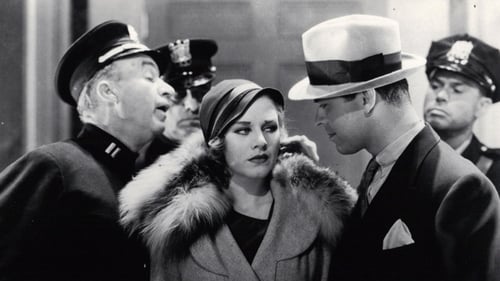
Thirteen years after a dinner party in which the thirteenth guest failed to arrive, the remaining guests are being murdered one by one, and their bodies being placed at the same dinner table in the appropriate seats they occupied thirteen years prior.

Nazi propaganda film contrasting Germany in the days of the Weimar Republic with contemporary Germany under Adolf Hitler.

A film in which the one 60-story skyscraper that soars in the spaces between roofs spins with incredible speed. I centered the circumference with its 400 or 500 meter radius on the skyscraper and divided it into 48 sections, then took photographs from those spots and shot the photographs frame by frame.

A short experimental film dedicated to Polish artist Wacław Szpakowski (1883–1973).

Ancient of Days is a remarkable series of "canons and fugues for video" that comprises Viola's most sophisticated structural and metaphorical explorations of time. Mathematical notations of precise time-code editing were applied to construct illustrations of temporal symmetry, duality and transposition — time-based equivalents of musical compositional principles such as counterpoint and serialism. Astonishing temporal interventions — a 180-degree pan gazing downward on a New York City street that progresses from day to night, an image of Mount Rainier in which the foreground and background unfold in different time planes — unfold as symbolic transformations of natural and urban landscapes.

"The filming of the entrance to the company dormitory in which the film-maker was living. Centering the film on one pillar, he warps the spaces to the left and right and creates an unstable space similar to painting that employs anamorphosis. Made as were SPACY and BOX with a large number of photographs, the film ends with a violent movement, but is poetic for this." - Takashi Nakajima
